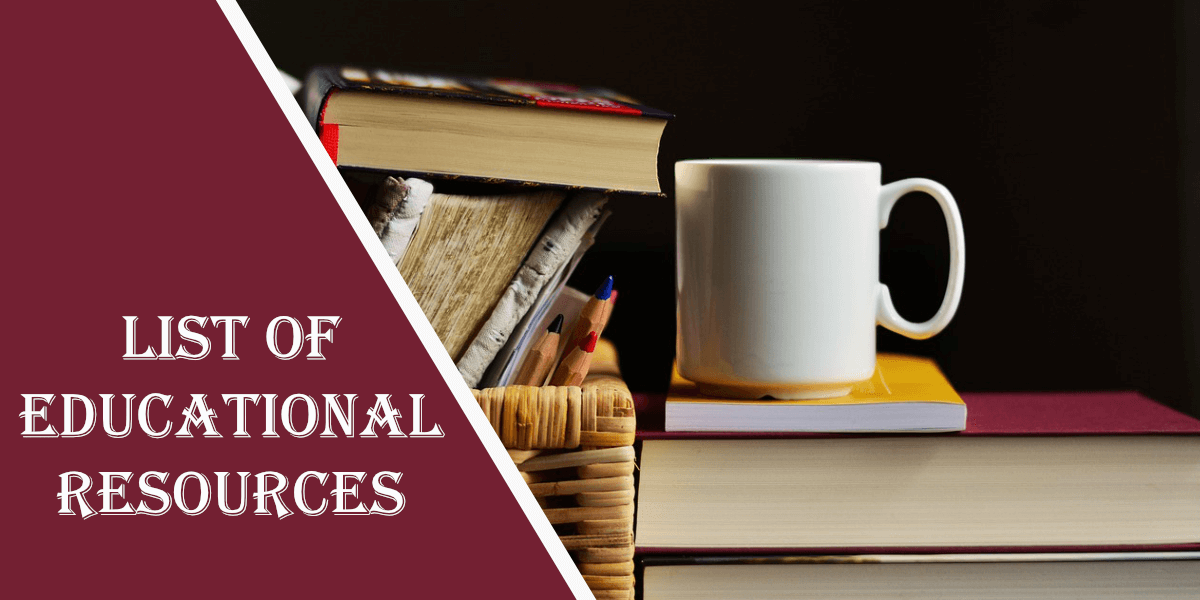Educational Resources You Need to Read
 Reading, writing and doing research are the things that students should develop as a habit. It does not only help them to succeed academically and but assist them to succeed later in life. It is not surprising that many people are successful because they read a lot.
Reading, writing and doing research are the things that students should develop as a habit. It does not only help them to succeed academically and but assist them to succeed later in life. It is not surprising that many people are successful because they read a lot.
Reading a novel or comic book may be more interesting than reading a book or journal. However, if you are a college student, you need to commit at least 30 minutes a day to read a book, article or journal to expand your knowledge. After all, students need to read a lot to know everything that they should.
Here is a list of resources that students need to read.
Psychology resources for students
- American Psychological Association– Publications and Databases is where you can find books, journals, magazines, reports, and all psychology resources need. Students can browse any type of publications and subjects. It is easy to navigate.
- American Psychological Association-APA Style is established by the American Psychological Association (APA). Students can use the website to learn more about the APA style guidelines to help them write their papers in the required manner.
- MDLinx is a website that contains medical resources, news, and information as well as numerous journal articles in the field of psychology. The website is great for psychology students to learn and keep up with the latest information.
- Psychology Tools has all psychology resources that students and professionals need. The resources can be downloaded for use.
- Social Psychology Network is maintained by Scott Plous, Wesleyan University. The website has a lot of resources in the field of psychology. The site is “devoted to psychological research and teaching.” Students can access the journal articles, blogs, psychology studies, textbooks, teaching resources.
2. Science resources for students
- American Chemical Society Publications has more than 1,000 open access articles in scientific fields. The articles are made available to the global community of researchers to access and read.
- Nasa.gov is where you can learn what International Space Station is all about. You can learn everything about what is happening on the planet earth and other planets. You can also download their resources such as e-books for free.
- Curiosity has a lot of inspiring articles and videos that will inspire you to “learn something new every day.”
- CuriosityStream has more than “1,500 science, history, tech & nature documentaries” that you can watch from the comfort of your home. The plan starts at $2.99 USD/month. If you are tired of reading science articles, try watching science documentaries instead.
- BioEd Online offers science educational resources for educators, students and parents. It has science lessons, teacher guides, student storybooks, student magazines and student worksheets including video presentations.
- National Science Foundation is where “the discoveries begin.” Learn about astronomy and space and where it begins.
- National Radio Astronomy Observatory is another great source to add to your list to learn more about astronomy and space.
3. Health science resources for students
- National Institutes of Health has research resources in health sciences. The resources are great for students and educators.
- The New England Journal of Medicine has all the journal articles you ever need in the area of medicine. You may want to subscribe or purchase the article to read.
- National Center for Biotechnology Information, U.S. National Library of Medicine has everything you need for health journal articles.
4. Political science resources for students
- Josef Korbel Journal of Advanced International Studies has journals that you can read online. The journals are great for students in the field of political science and international studies.
- Michigan Journal of Public Affairs has a list of journals in public affairs. It’s worth to check it out if you are a law student.
- Harvard Political Review is a website where you can read about politics, policy, and culture. The articles are written and published by Harvard undergraduates.
- The Georgetown Public Policy Review has a lot of articles that you can read about public policy.
These are just a few educational websites you need to check out. If you have more ideas to add to our list, let us know in the comment below.

